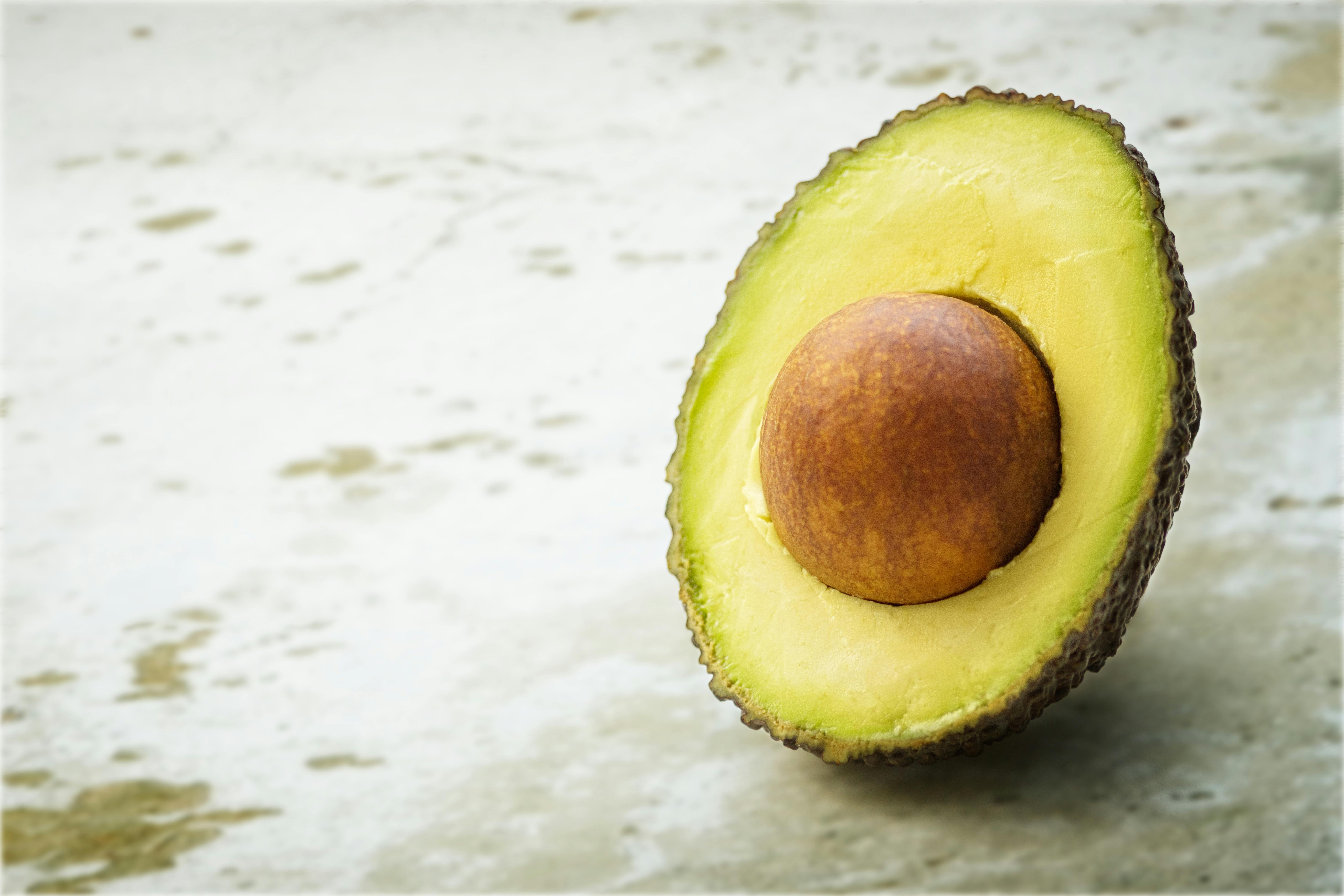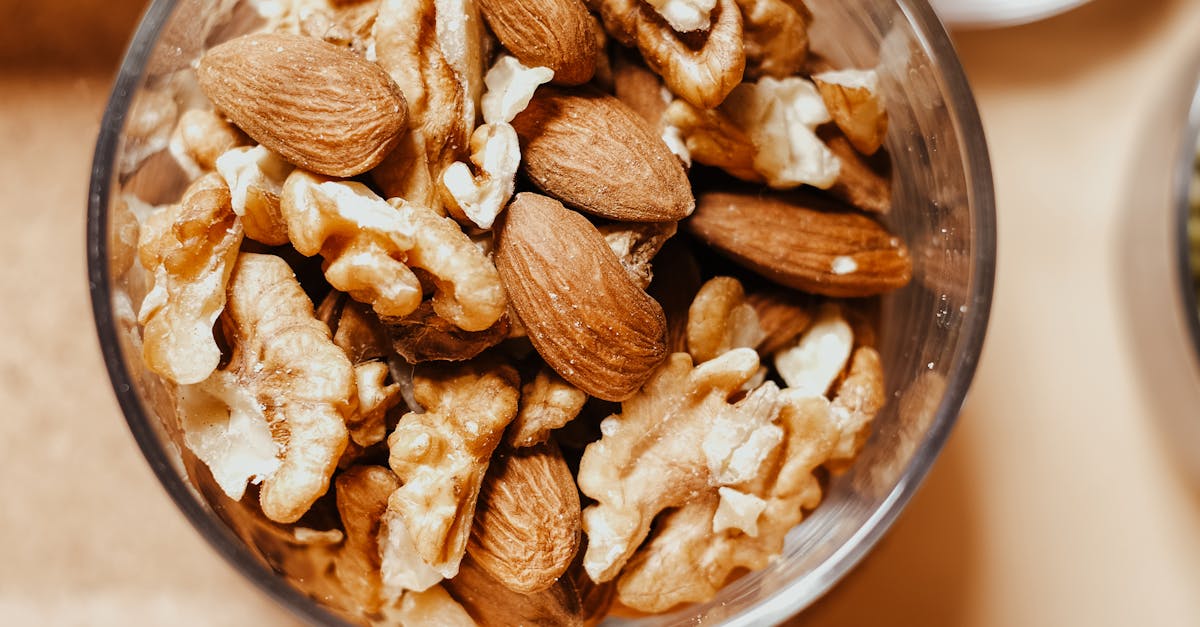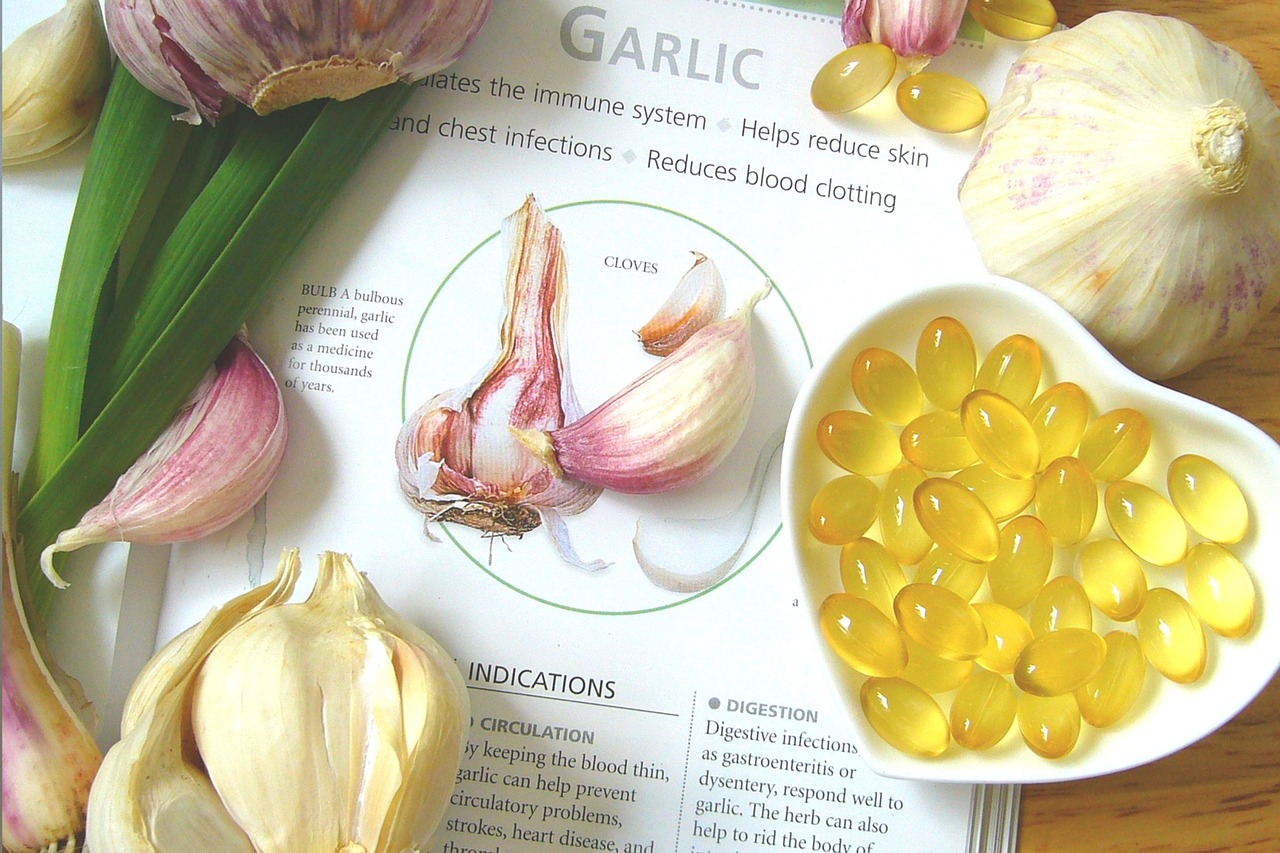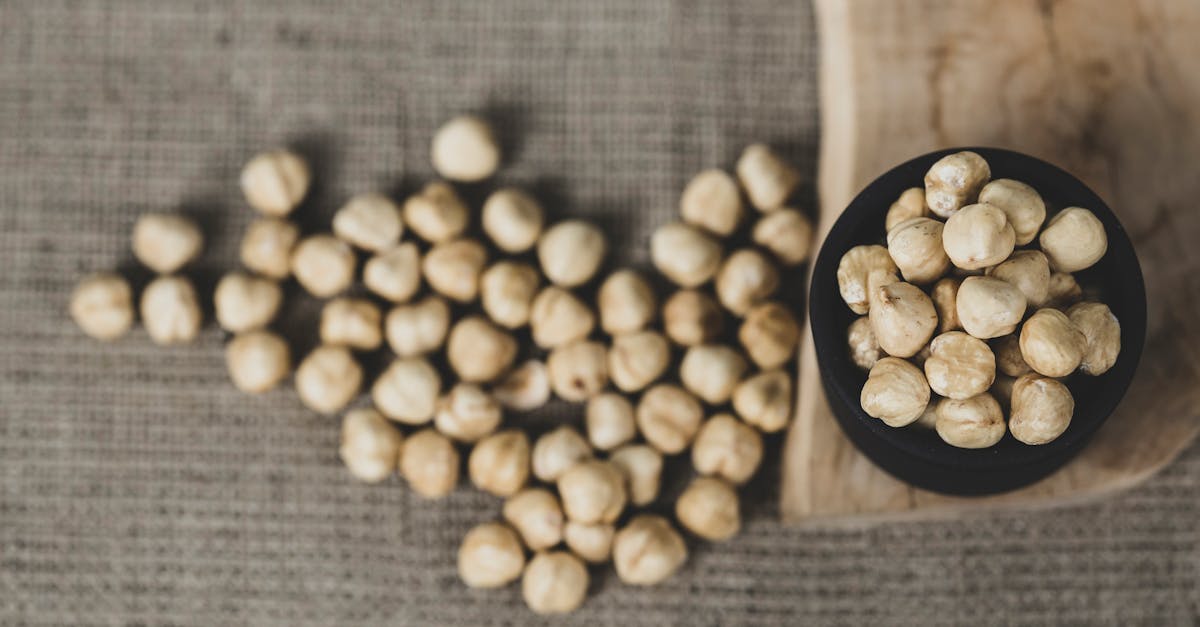12 Delicious Ways to Naturally Scrub Your Arteries Clean
In the quest for optimal health, maintaining clean and healthy arteries is paramount. Arteries are the lifelines that transport oxygen-rich blood from the heart to the rest of the body, and their health is crucial for preventing cardiovascular diseases. Over time, factors such as poor diet, lack of exercise, and stress can lead to the build-up of plaque—a combination of fat, cholesterol, and other substances—within the arterial walls. This build-up can restrict blood flow and increase the risk of heart attacks and strokes. However, nature offers a bounty of foods and practices that can help cleanse and maintain artery health. This article explores twelve delicious and natural ways to scrub your arteries clean, promoting a heart-healthy lifestyle that is both enjoyable and sustainable.
The Power of Pomegranate

Pomegranates are more than just a vibrant fruit; they are a powerhouse of antioxidants, particularly polyphenols and tannins, which have been shown to reduce arterial plaque. Studies suggest that regular consumption of pomegranate juice can help decrease the progression of atherosclerosis, the hardening and narrowing of the arteries. The antioxidants in pomegranates work by reducing oxidative stress and inflammation, two key contributors to plaque build-up. Moreover, pomegranate has been found to improve the production of nitric oxide, a molecule that enhances blood flow by relaxing and widening the arteries. Incorporating pomegranate into your diet, whether as a juice, in salads, or as a snack, can be a delicious step towards arterial health.
Embracing the Benefits of Avocado

Avocados are not only creamy and delicious but also packed with heart-healthy monounsaturated fats and fiber. These nutrients play a significant role in lowering bad cholesterol levels (LDL) while increasing good cholesterol (HDL), which is crucial for maintaining clean arteries. The oleic acid in avocados helps reduce inflammation, which is a key factor in the development of arterial plaque. Additionally, avocados are rich in potassium, a mineral that helps regulate blood pressure and prevent arterial damage. By adding avocados to your meals—be it in guacamole, salads, or smoothies—you can enjoy a tasty way to support your cardiovascular system.
The Green Goodness of Spinach

Spinach, a leafy green vegetable, is a nutritional powerhouse that supports arterial health. Rich in nitrates, spinach helps in the production of nitric oxide, which relaxes blood vessels and improves circulation. Furthermore, spinach is high in lutein, a carotenoid that has been associated with reduced arterial plaque. Its anti-inflammatory properties also contribute to lowering the risk of heart disease. Spinach is versatile and can be easily incorporated into your diet through salads, smoothies, or as a cooked side dish. Regular consumption of spinach not only aids in keeping arteries clean but also provides a host of other health benefits, including improved eye health and bone strength.
The Heart-Healthy Benefits of Olive Oil

Olive oil, particularly extra virgin olive oil, is a staple of the Mediterranean diet, renowned for its heart-healthy benefits. Rich in monounsaturated fats and antioxidants, olive oil helps reduce inflammation and lower levels of LDL cholesterol, both of which are essential for clean arteries. The phenolic compounds in olive oil have been shown to improve endothelial function, which is crucial for maintaining the elasticity of the arteries. By using olive oil as your primary cooking oil or as a dressing for salads, you can significantly enhance your cardiovascular health. Its rich flavor and health benefits make olive oil an excellent choice for those looking to support their heart and arteries naturally.
The Citrus Advantage: Oranges and Lemons

Citrus fruits like oranges and lemons are packed with vitamin C and flavonoids, both of which are beneficial for arterial health. Vitamin C is a powerful antioxidant that helps reduce inflammation and prevent the oxidation of cholesterol, a process that contributes to plaque formation. Flavonoids, on the other hand, have been shown to improve blood vessel function and reduce blood pressure. Regular consumption of citrus fruits can support the maintenance of healthy arteries by enhancing blood flow and reducing the risk of atherosclerosis. Whether enjoyed as a fresh fruit, juice, or zest in dishes, citrus fruits offer a tangy and refreshing way to promote cardiovascular health.
The Omega-3 Richness of Fatty Fish

Fatty fish such as salmon, mackerel, and sardines are rich in omega-3 fatty acids, which are essential for maintaining healthy arteries. Omega-3s help reduce triglyceride levels, decrease inflammation, and improve endothelial function, all of which contribute to cleaner arteries. These healthy fats also prevent the formation of blood clots and lower blood pressure, reducing the risk of heart disease. Incorporating fatty fish into your diet at least twice a week can provide significant cardiovascular benefits. Whether grilled, baked, or added to salads, fatty fish offer a delicious and nutritious way to support arterial health.
The Nutty Benefits of Almonds and Walnuts

Nuts, particularly almonds and walnuts, are excellent sources of healthy fats, fiber, and antioxidants. These nutrients work together to lower LDL cholesterol levels and reduce inflammation, both of which are crucial for preventing arterial plaque build-up. Walnuts are rich in omega-3 fatty acids, while almonds provide a good amount of vitamin E, both of which support heart health. Regular consumption of nuts has been associated with a reduced risk of heart disease and improved arterial function. Enjoying a handful of nuts as a snack or adding them to salads and dishes can be a satisfying and heart-healthy choice.
The Garlic Effect

Garlic has been used for centuries for its medicinal properties, particularly in promoting cardiovascular health. The sulfur compounds in garlic, such as allicin, have been shown to reduce cholesterol levels, lower blood pressure, and improve blood vessel elasticity. These effects contribute to cleaner arteries and a reduced risk of atherosclerosis. Garlic also has anti-inflammatory and antioxidant properties that protect the cardiovascular system. Incorporating garlic into your diet, whether raw, cooked, or as a supplement, can offer significant benefits for arterial health. Its pungent flavor adds depth to dishes while supporting heart health.
The Berry Boost

Berries, including blueberries, strawberries, and raspberries, are rich in antioxidants, particularly anthocyanins, which have been shown to support arterial health. These antioxidants help reduce oxidative stress and inflammation, key factors in the development of arterial plaque. Berries also improve endothelial function and lower blood pressure, contributing to cleaner arteries. Their natural sweetness and vibrant colors make them a delightful addition to any diet. Enjoy berries as a snack, in smoothies, or as a topping for yogurt and cereals to reap their cardiovascular benefits.
The Whole Grain Advantage

Whole grains such as oats, quinoa, and brown rice are an excellent source of fiber, which plays a crucial role in maintaining arterial health. Fiber helps reduce cholesterol levels by binding to cholesterol particles and removing them from the body. This process helps prevent the build-up of plaque in the arteries. Whole grains also provide essential nutrients like magnesium and potassium, which support heart health by regulating blood pressure. Incorporating whole grains into your diet can be as simple as choosing whole grain bread, pasta, or cereals, offering a delicious and nutritious way to support arterial health.
The Tea Tradition

Tea, particularly green and black tea, is rich in flavonoids and other antioxidants that support cardiovascular health. These compounds help reduce cholesterol levels, improve blood vessel function, and lower blood pressure, all of which contribute to cleaner arteries. Regular consumption of tea has been associated with a reduced risk of heart disease and improved arterial function. Enjoying a cup of tea daily can be a soothing and health-promoting ritual. Whether you prefer it hot or iced, with or without lemon, tea offers a flavorful way to support your cardiovascular system.
The Role of Dark Chocolate

Dark chocolate, rich in cocoa, is not only a treat for the taste buds but also for the heart. The flavonoids in dark chocolate have been shown to improve endothelial function, reduce inflammation, and lower blood pressure, all of which are beneficial for arterial health. Dark chocolate also contains antioxidants that help prevent the oxidation of cholesterol, reducing the risk of plaque formation. When consumed in moderation, dark chocolate can be a delicious way to support cardiovascular health. Opt for chocolate with at least 70% cocoa content to maximize its health benefits.
A Heart-Healthy Lifestyle

Maintaining clean and healthy arteries is crucial for overall cardiovascular health and longevity. By incorporating these twelve delicious and natural foods into your diet, you can support your arteries and reduce the risk of heart disease. Each of these foods offers unique benefits, from reducing inflammation and cholesterol levels to improving blood vessel function and blood flow. Embracing a heart-healthy lifestyle that includes a balanced diet, regular exercise, and stress management can lead to a healthier, happier life. As you savor these delightful foods, remember that small, consistent changes can have a profound impact on your arterial health and overall well-being.